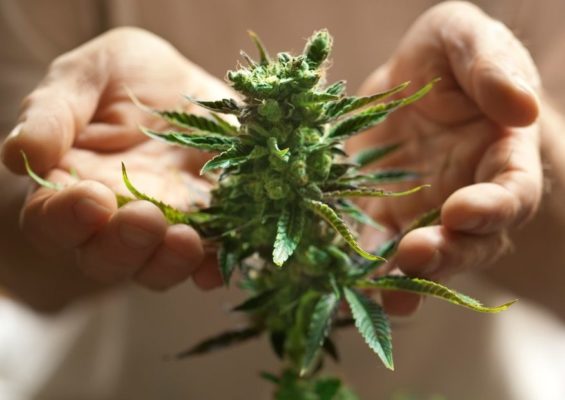Millions of people use cannabis as a medicine. That’s not based on clinical evidence, nor do we know which of the hundreds of compounds in the plant is responsible for its supposed effects. Elizabeth Finkel reports.
LAST YEAR DEDI MEIRI, A CANNABIS RESEARCHER AT THE TECHNION, ISRAEL’S OLDEST UNIVERSITY, RECEIVED A “BEFORE AND AFTER” VIDEO OF AN AUTISTIC BOY.
The before showed the boy helmeted, hands tied behind his back, butting his head against a wall. The after showed him calmly sitting at a table, sketching. The difference: two drops of cannabis oil administered below the tongue. The video had been sent to Meiri by Abigail Dar, an Israeli champion for the use of cannabis in children with autism.
Early this year it was a different story. Over the course of a day, Meiri’s lab received a stream of phone calls from Dar: a few autistic children had gone berserk after receiving their two drops of oil.
Meiri, who is primarily a cancer researcher, received the video and the calls because he has, reluctantly, become one of Israel’s cannabis experts. “Even now I am reluctant to tell people I work on medical cannabis,” he says. “I am not pro-cannabis; I think 90% is placebo.”
Read the full article by Elizabeth Finkel at Cosmos.

